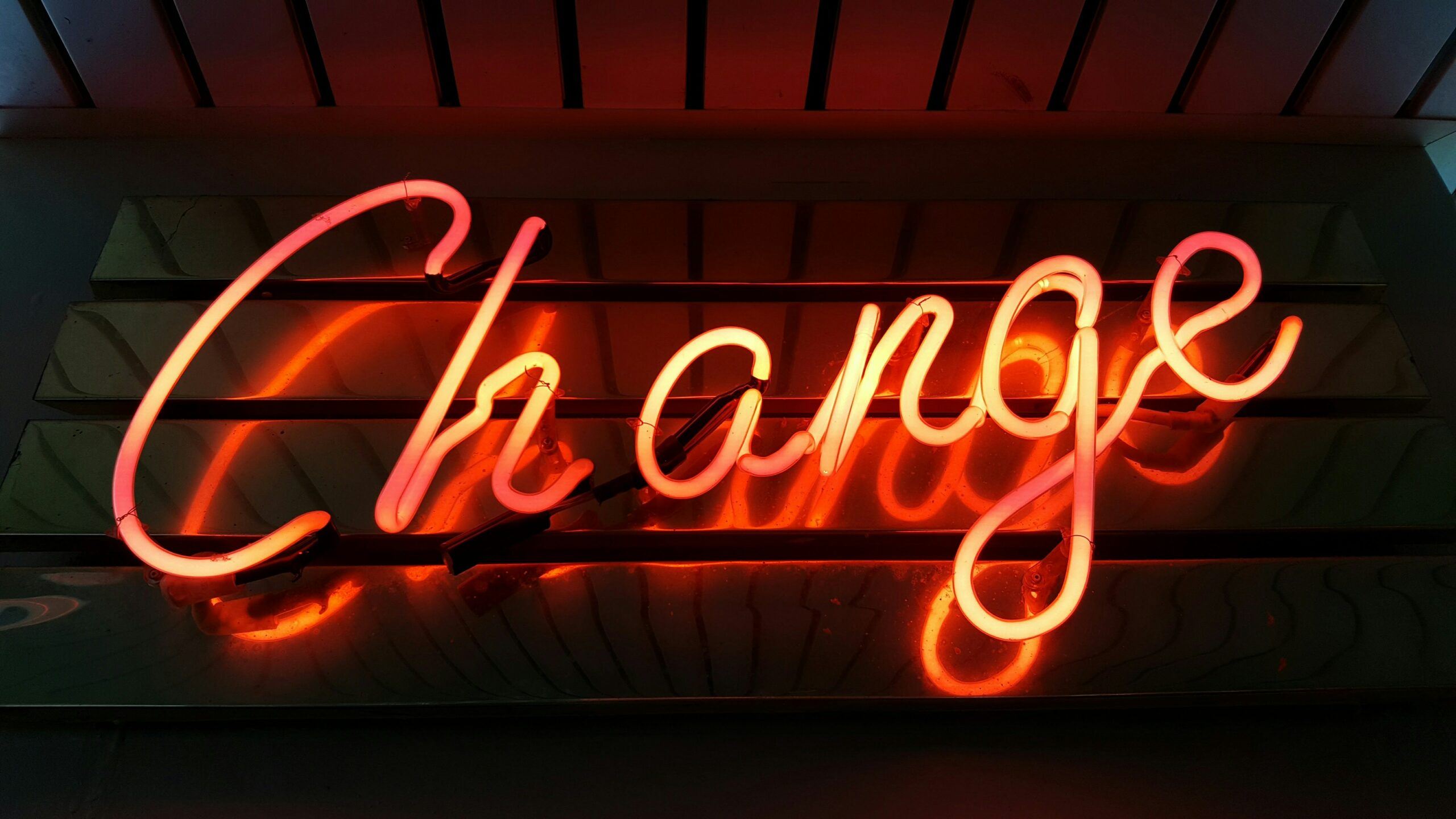EDCI 532: Assignment #3
Blog Post #7: Shifting Perspectives
by Ashley Rowley
I think being able to ‘improve’ or be flexible is vital for teaching. You never know what or who will come through the classroom doors and what live(d) experiences are now in your classroom. You see the content of what you are teaching – the planned curriculum, but you don’t know how the live(d) experiences of the people in your classroom will interpret or connect with different aspects; as Aoki states, “in curriculum improvisation teachers are asked to shift from being installers to being improvisers, sensitive to the ongoing life and experiences of themselves and students in the situation” (Pinar and Irwin 2004). Different perspectives and worldviews will shape how an individual interacts with the curriculum. Therefore, should the curriculum not be based on human experiences or nature? Does that mean the curriculum’s assessment or objectives change to reflect this concept? These questions now bounce around in my mind and are giving me new ideas to incorporate into my classes for this September. However, this cannot be solidified as I have not met my students or considered their live(d) experiences. But am I not taking a step forward in my ability to reflect and want to make changes? I am waiting until I know my students before making these changes.

Photo by Ross Findon on Unsplash
I used to believe in gathering all possible information about my students by reading their Individual Education Plan (IEP) before meeting them or talking with their past teachers. This approach risked shaping assumptions about them before any real interaction took place. Over time, however, my confidence in my classroom philosophy has shifted. I prefer not to seek out additional knowledge about my students initially, as it may create preconceived notions that influence how I interact with them and the relationships we form. Instead, I focus on understanding the accommodations they require without doing any further reading. Only after observing their interactions in my classroom do I delve deeper into their background. I recognize the importance of their history, as it can profoundly impact them, but I also value discovering who they are beyond their past experiences.
References
Leave a Reply